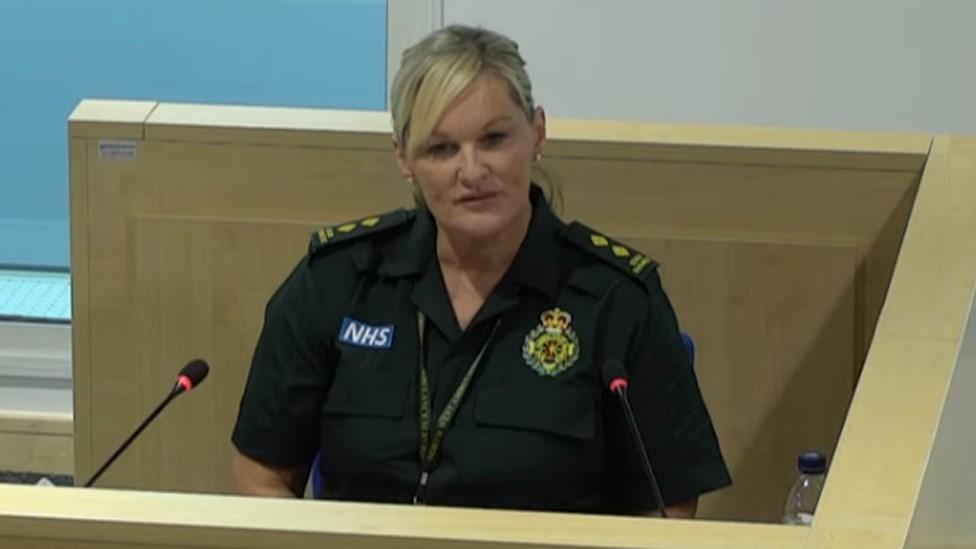Manchester Arena Inquiry: Woman used handbag strap as tourniquet
- Published
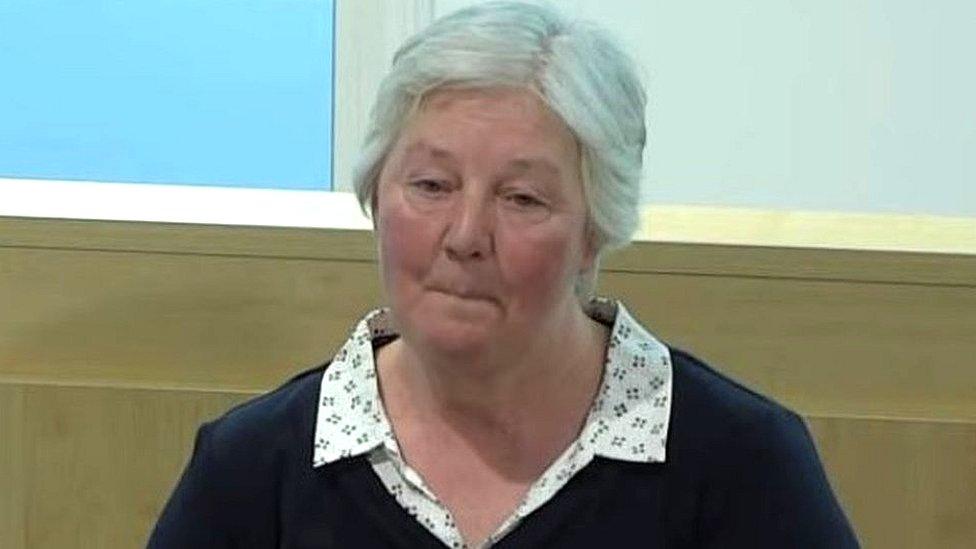
Josie Howarth said she improvised the tourniquet because she had "lost a great deal of blood"
A woman has told the Manchester Arena Inquiry that she used her handbag strap to stem the bleeding from her leg as she waited for help after the bombing.
Josie Howarth was waiting with her sister Janet Senior in the arena foyer when the bomb exploded on 22 May 2017.
She said she had laid injured, thinking "where are the paramedics?"
The inquiry also heard from retired counter-terrorism officer Andrea Bradbury, who said the blast felt like "being strimmed" with a garden tool.
Twenty-two people were killed and hundreds more were injured when Salman Abedi detonated an explosive in the City Room foyer as crowds left an Ariana Grande concert.
Ms Senior, who was waiting for her nieces with Ms Howarth, told the hearing there had been "a crack bang and a flash" and "within a second, I felt the most horrendous impact into my chest and neck".
She said it was "extremely, breathtakingly painful", adding: "Everything seemed to move in slow motion for a few minutes."
'Organised chaos'
The inquiry was told she suffered a penetrating chest wound, as well as injuries to her neck and clavicle, while her sister was badly injured in the thigh by a flying bolt from the bomb.
Ms Howarth said as she lay injured, she removed the strap off her handbag and tied it around her thigh to try to slow the bleeding, as she had "obviously lost a great deal of blood".
She said she then looked around the foyer and wondered where the medical help was.
"I remember thinking 'oh my God, there's only three people for all these people. Where are the paramedics?'"
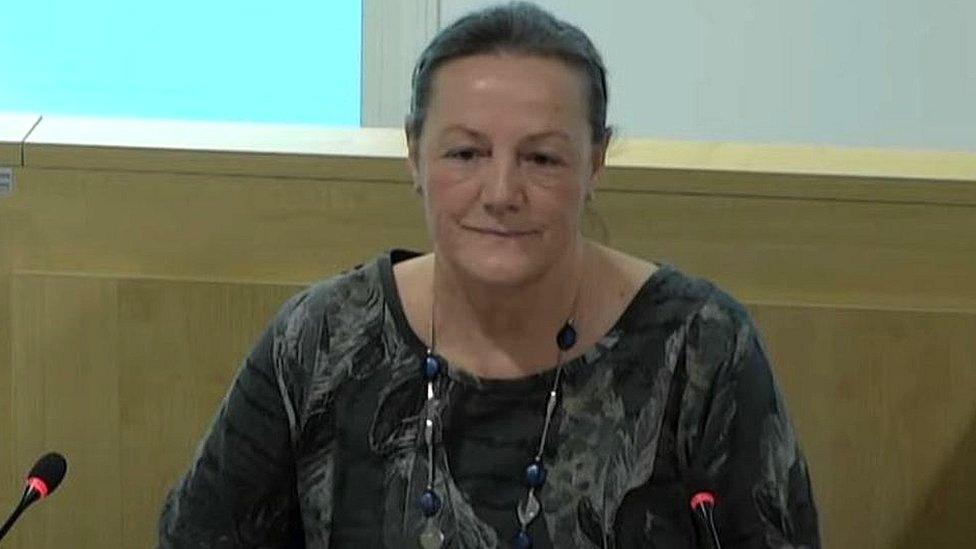
Janet Senior said the impact of the blast was "extremely, breathtakingly painful"
Ms Senior added that she "laid back" and was "praying for more people to come and help".
"I was really concerned that people were dying," she said.
"I asked my sister for a hand because I thought... if I'm going to die with anybody, I may as well die with her."
Find information and support at BBC Action Line.
The inquiry has previously heard only one paramedic entered the scene of the attack in the first 40 minutes after the bomb went off.
He was then joined by two colleagues from North West Ambulance Service.
The sisters were taken from the foyer to the casualty clearing station that had been set up by emergency services on the concourse of the adjacent Victoria railway station 46 minutes after the detonation.
Ms Senior said the scene was one of "organised chaos".
Both women, who arrived at hospital more than three hours after the bomb went off, added that there seemed to be very little security in the foyer at the start of the concert earlier in the evening.
Ms Senior added that she had turned to her sister at the time and said places like the foyer were "an accident waiting to happen".
Addressing Ms Howarth, John Cooper QC, who is representing some of the bereaved families, asked her about a comment she gave to the Kerslake inquiry, in which he said she had stated to a senior police officer investigating the arena attack that "perhaps more people could have been saved if help had got there sooner".
"Did he say to you that everyone in the foyer had been killed instantly?" he asked.
"Yes, word for word," she replied.
'Rabbit in headlights'
Later, Ms Bradbury, who worked in counter-terrorism for Lancashire Constabulary during her career, told the inquiry she had noticed security at the start of the concert had "seemed very sparse" and bag searches were not as rigorous as when she had previously been to the venue.
She said on returning to pick her daughter up, she heard the last song, followed by a "massive blast".
"It felt like the back of my legs were being strimmed with a wire garden strimmer," she said.
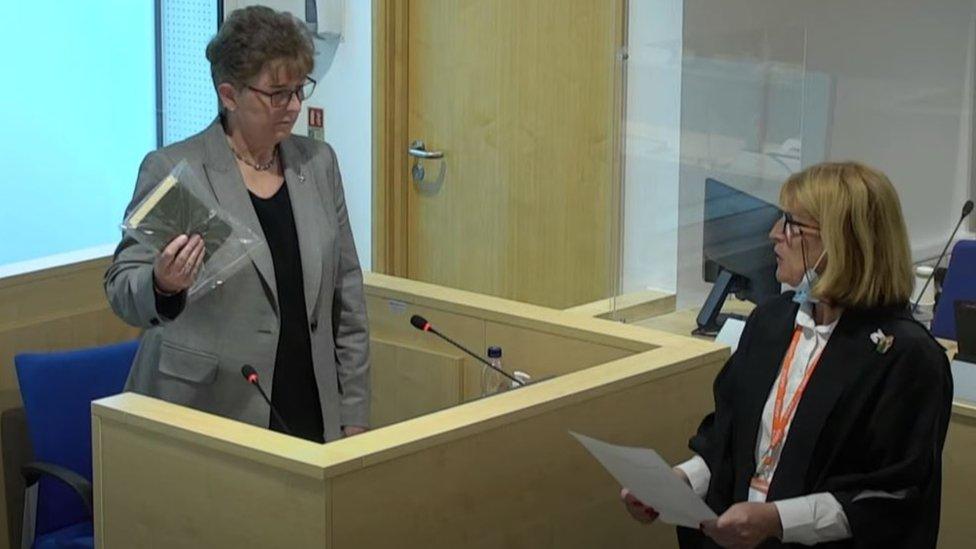
Andrea Bradbury had retired from policing two months before the arena bombing
She said she knew straight away the explosion was a bomb and had not thought about a gun being fired or an active shooter.
She said she found her daughter, who was not injured, and arranged to meet her husband at Greater Manchester Police (GMP) HQ.
She told the inquiry that while there, the GMP gold commander arrived and she gave a synopsis of what had happened, but the officer "looked like a rabbit in headlights".
She added that she remains unhappy at the conduct of some of the British Transport Police officers on the night.
"Those people were there to protect me and my family and, in my estimation, fell short," she said.
The inquiry continues.

Why not follow BBC North West on Facebook, external, Twitter, external and Instagram, external? You can also send story ideas to northwest.newsonline@bbc.co.uk
Related topics
- Published15 April 2021
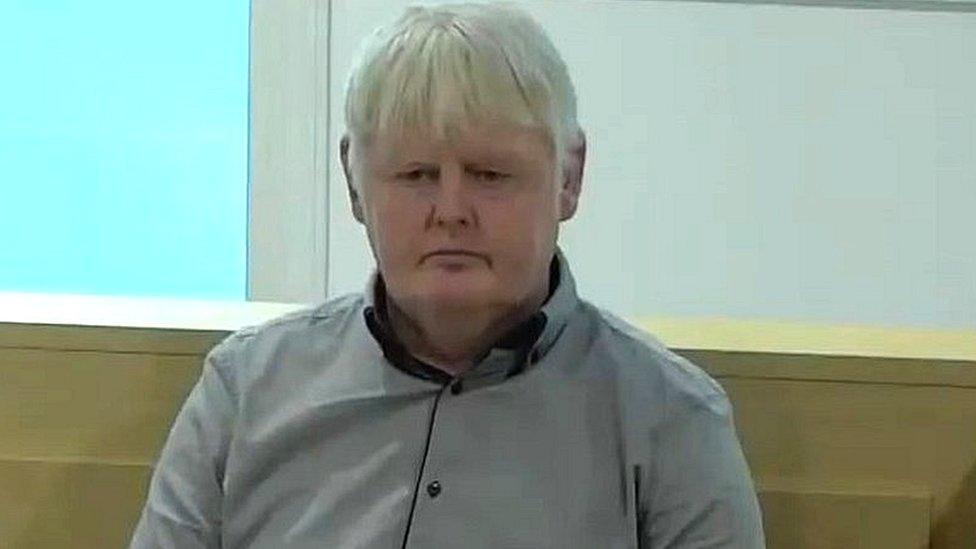
- Published14 April 2021
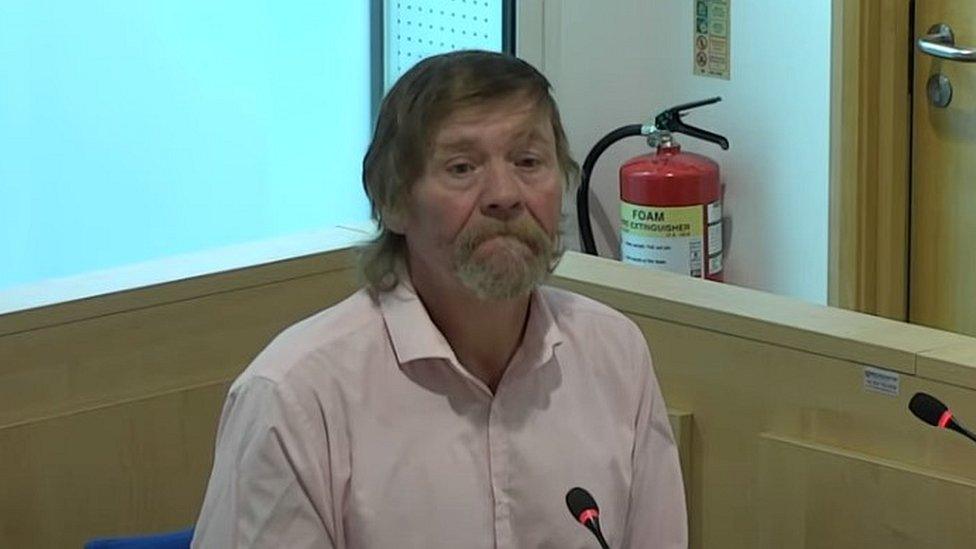
- Published8 October 2020
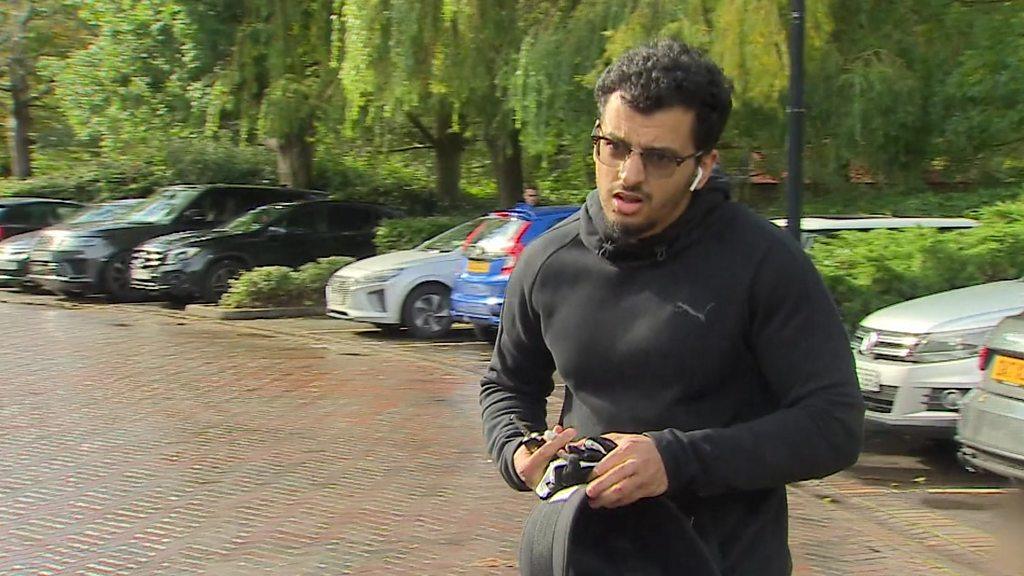
- Published13 April 2021

- Published12 April 2021

- Published30 March 2021
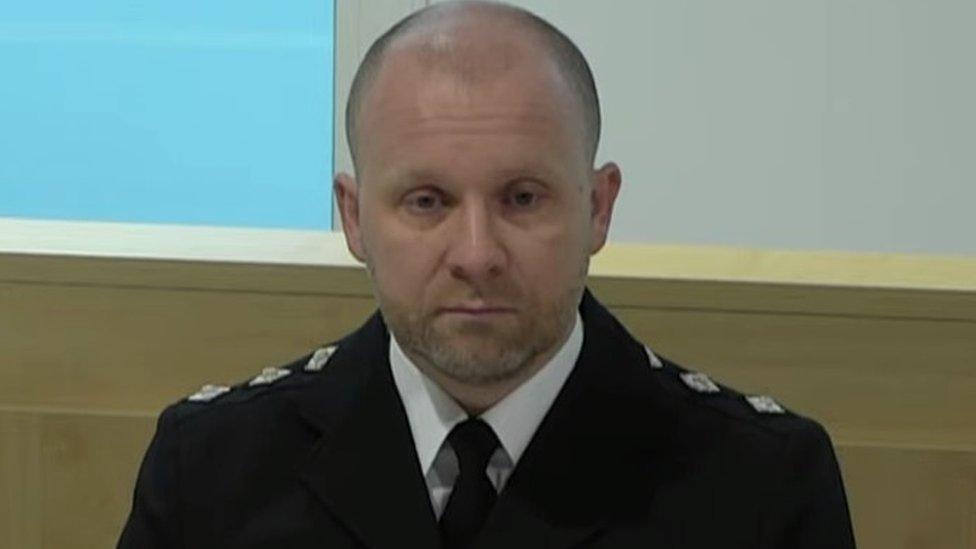
- Published29 March 2021

- Published25 March 2021
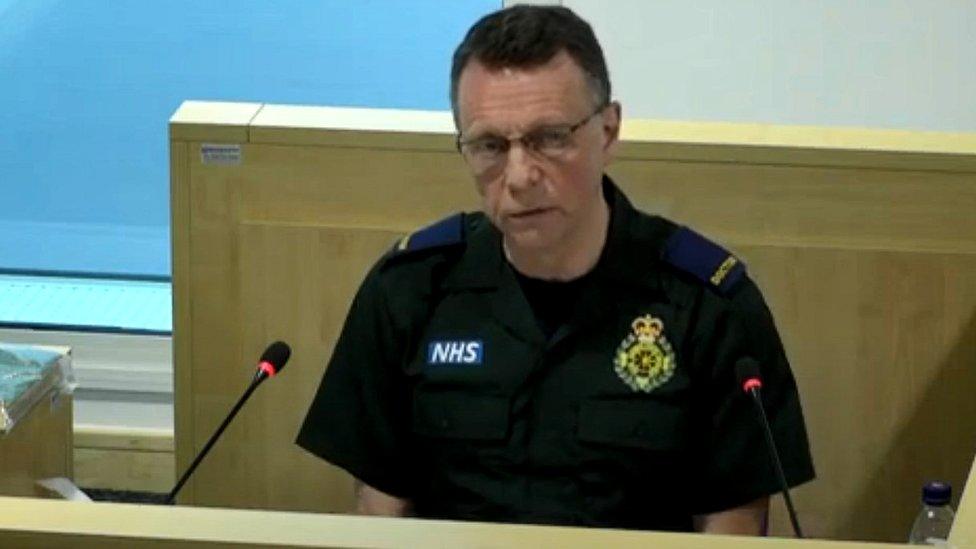
- Published24 March 2021
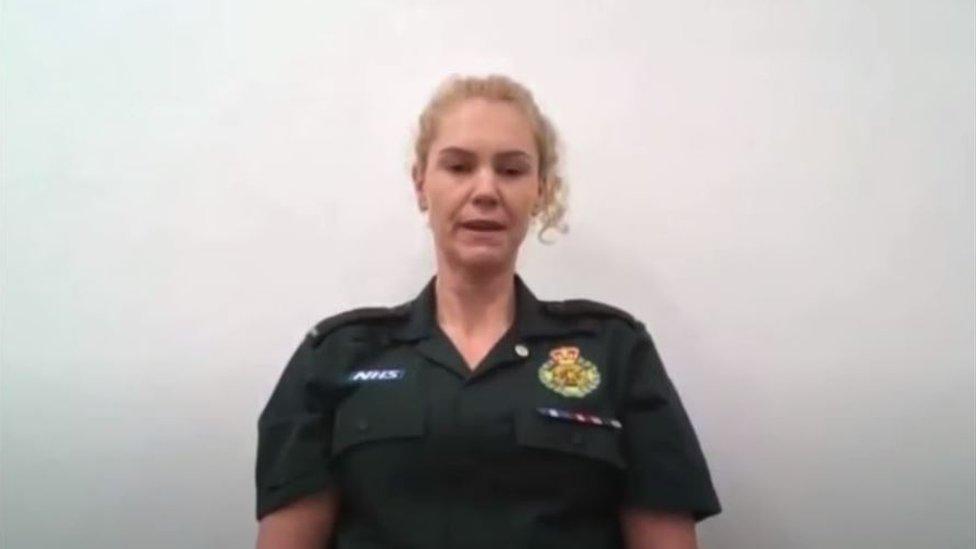
- Published23 March 2021
